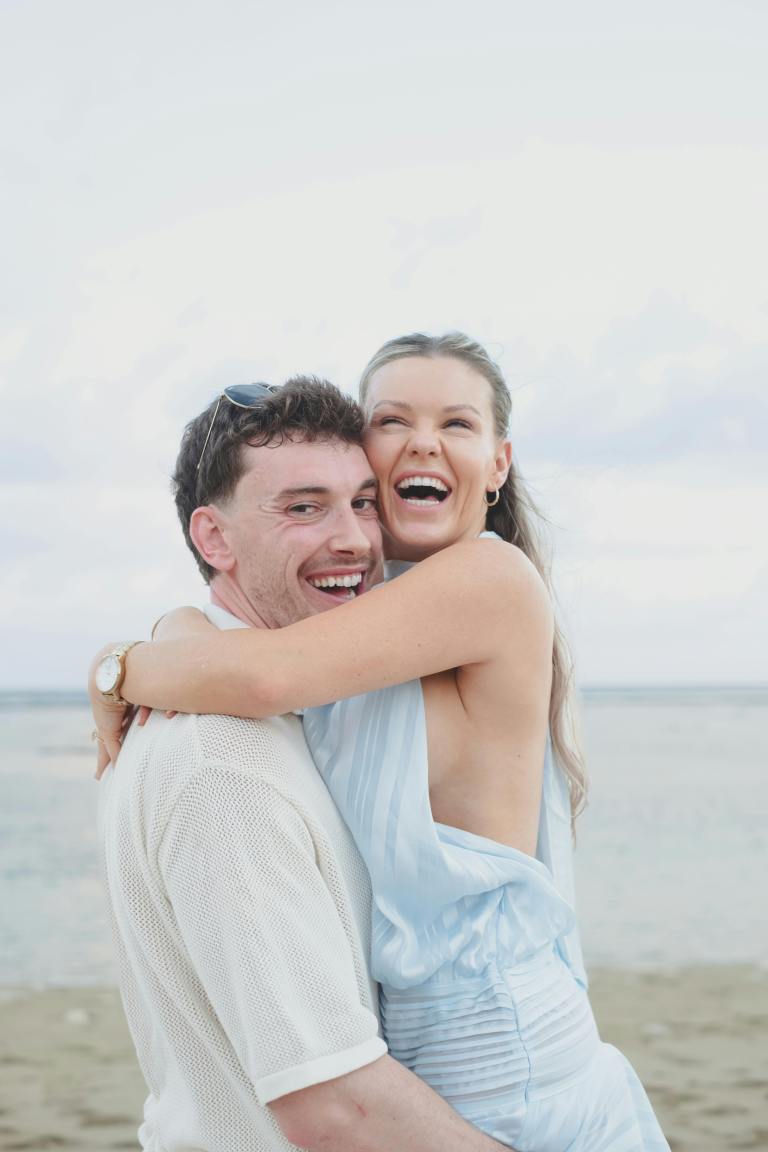
8 Things To Know Before Dating Someone With Hidradenitis Suppurativa
By remaining transparent with one another, you can work to see that everyone’s needs are being met. Because if your partner has HS, then you do too in a sense.
1. HS can be overwhelming at times.
Living with a skin condition is the most difficult part of my life and sometimes that can be very upsetting. But I’m not the only one who is impacted. I’ve learned that it’s important to consider my partner’s feelings as well. As the significant other to someone who suffers from HS, you will be affected by your partner’s skin condition. Keep in mind that this isn’t easy for either party.
2. We sometimes need extra privacy.
Living with a skin condition can be very embarrassing at times. Even though these events are out of our control, we still feel the need to withdraw and hide when we encounter certain situations. There are times when I don’t want to leave the house for days on end. The embarrassment and shame that accompany many of my symptoms make me yearn to hide away, even from my own family. Any special accommodations we might need can add to feelings of isolation or make us feel worthless and burdensome. My partner offers me extra space when I need it and doesn’t take it personally.
3. Flexibility is key.
Life with a skin disease can be unpredictable at times. Sudden outbreaks with little or no warning can leave us scrambling to change plans and make last minute accomodations. Obviously this has an effect on our significant others. If your partner suffers from a skin condition, you will need to remain adaptable and understanding of their situation. Planning ahead for outbreaks can help minimize potential stress, but always be prepared to face new obstacles.

4. It will make you stronger.
When we encounter difficult situations, we’re forced to find methods of coping. We each understand what the other is going through and try to minimize their difficulties as much as possible. In these ways you develop not only strength as individuals, but strength and unity as a couple. From my experience finding that individual strength doesn’t always come easily, so it’s essential that you can count on your partner for support.
5. It’s not all bad.
Most of the time I’m not experiencing an outbreak. Most days are normal, and I am free to be the best partner and father I can be. We go places. We do things. We work hard, we play hard, and we love each other. We’re just like any other couple, but occasionally our journey turns perilous. Moreover, in time you’ll begin to enjoy and appreciate your partner more because of the bond your skin condition has contributed to developing.
6. Get ready to play buffer.
When I’m having a particularly bad outbreak it can be hard for me to effectively communicate with outsiders. My fiancée has to play the role buffer between the rest of the world and me. There will be times when your partner is in extreme pain, or emotionally drained. It will be up to you to help communicate their needs to everyone else. This is an important way that you can add value to your partner’s life.
7. Finding a career.
Living with Hidradenitis Supperativa for over two decades now, I’ve come to understand the difficulties of finding a career that can accomodate my condition. Since so little is known about the disease-and, typically, sufferers aren’t all that vocal about their condition-it can be hard for employers to understand the flexibility required when you hire someone with HS. There may be times when your partner literally cannot work, so it’s good to be prepared.
8. Being transparent.
Above all, be open and honest with each other. You may not always want to be, but you must. Listen to your partner and consider their position. I am so lucky to have an extraordinary partner. She is rock solid and completely understanding. She busts her behind to take care of me, but she has needs too. By remaining transparent with one another, you can work to see that everyone’s needs are being met. Because if your partner has HS, then you do too in a sense. ![]()
Click Here For More Stories Of Navigating Hidradenitis Suppurativa











